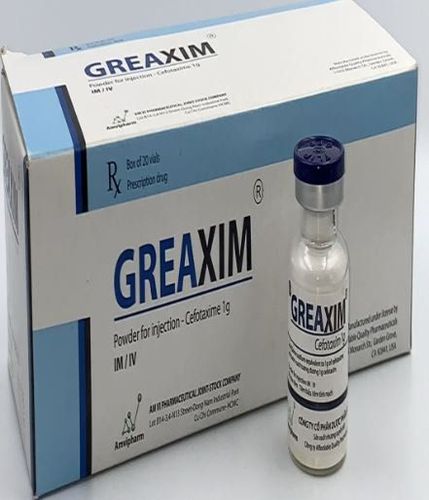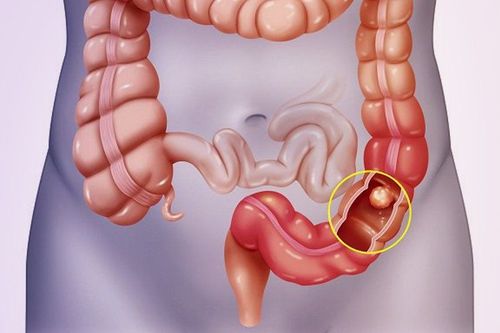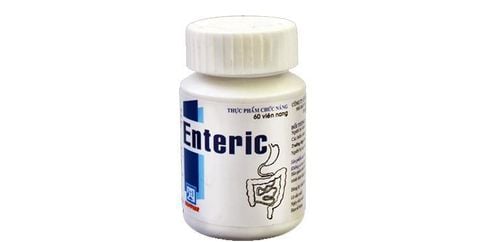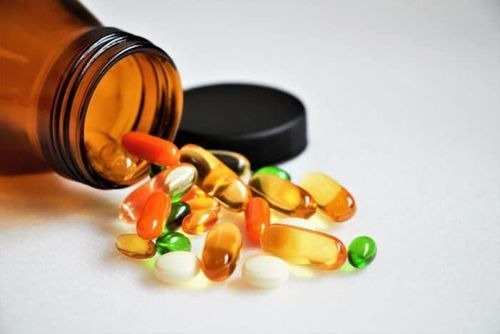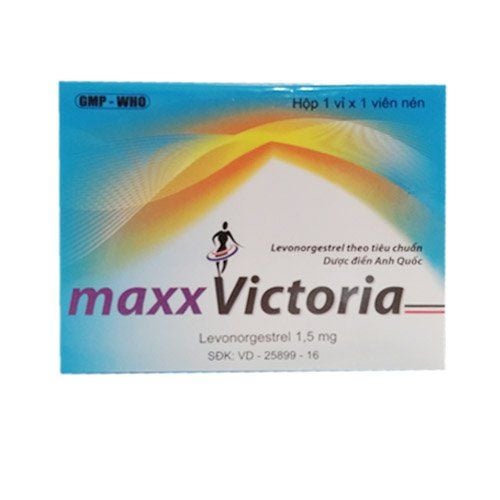This is an automatically translated article.
Posted by Doctor Mai Vien Phuong - Department of Examination & Internal Medicine, Vinmec Central Park International General Hospital
Inflammatory bowel disease (IBD) is the name for a group of diseases that cause inflammation of the bowel (observed red and swollen intestines). This inflammation is often persistent and recurrent. In the United States, more than 600,000 patients are diagnosed with some form of ulcerative colitis each year.
1. Overview of Ulcerative Colitis
Patients with ulcerative colitis often have abdominal cramps, diarrhea, weight loss, and bleeding from the intestinal tract. The two types of ulcerative colitis are Crohn's disease and ulcerative colitis.
Crohn's disease often causes ulcers along the length of the small intestine and colon. Crohn's disease may not cause damage to the rectum or just cause inflammation and infection of the fistula around the rectum. Meanwhile, ulcerative colitis often affects the lower part of the colon, usually starting in the rectum. Ulcerative colitis (UC) is a chronic and recurrent disease, its etiology and pathogenesis have not been clearly studied. The primary treatment for UC is usually a combination of sulfasalazine and glucocorticoids. Sulfasalazine can be taken alone or in combination with other medicines. However, a large number of patients are resistant or intolerant to sulfasalazine. Glucocorticoids suppress the active inflammatory process very effectively, but long-term use is associated with a high rate of recurrence and unacceptable toxicity. Recently, probiotics have been recommended to improve intestinal status and prolong relapse time.
This article deals with a credible study that evaluated the role of bifidobacteria in UC remission.
2. Design and methods of the study
Thirty patients were treated with sulphasalazine (SASP) and glucocorticoids and then randomized to bifid triple bioavailability capsules (BIFICO) (1.26 g/day), or placebo (starch)-like identical for 8 weeks. Stool samples were collected for stool culture 2 weeks before and after randomization. The patients were evaluated clinically, endoscopically and histologically after 2 months of treatment or in case of recurrent UC. p65 and IκB expression were determined by Western blot analysis. The DNA-binding activity of NF-κB in the colon nucleus extract was detected by an electrophoretic mobility shift assay (EMSA). The cytokine mRNA expressions were determined by a semi-quantitative, reverse transcriptase polymerase chain reaction (RT-PCR) assay.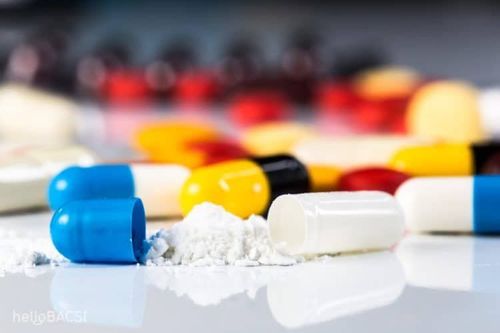
Thirty patients with active ulcerative colitis were recruited for this study from 2001 to 2002 at Nanfang Hospital. Severity of colon and rectal disease was assessed by a gastroenterologist by endoscopy. Biopsy samples were obtained with standard biopsy forceps to cover the most macroscopically inflamed site with UC and were immediately frozen in liquid nitrogen and stored at -80°C for RNA and protein extraction. Meanwhile, stool samples were collected for fecal culture before and after 2 weeks of treatment.
Stool samples are collected for microbiological examination. A selective medium for incubation of ten colonic colonic bacterial strains was used in the study. Enterobactera (EMB), Enterococcus (EC), Staphylococcus (SP) and Saccharomyces (yeast) (SB) are aerobic bacteria. Bacteroides (BD), Bifidobacterium (BL), Lactobacillus (LC), Peptococcus (PS), Eubacterium (ES) and Clostridium (CD) are anaerobic bacteria. 0.5 g manure in a small bottle containing 4.5 mL diluent and 4-5 granules were mixed for 1 min on a vortex stirrer, 1.8 mL diluent was added to 7 different bottles. The solution is diluted in series as 10 -2 , 10 -3 ,... .10 -8 . Aerobic and anaerobic bacteria were observed 24 h and 72 h after incubation at 37 °C.
3. Results of the study
Three patients (20%) in the BIFICO group had a relapse during the 2-month follow-up, compared with 14 (93.3%) in the placebo group (P < 0.01). Concentrations of lactobacilli in feces and bifidobacteria were significantly increased in the BIFICO-treated group only (P < 0.01). The expressions of NF-κB p65 and the DNA-binding activity of NF-κB were significantly decreased in the treatment group compared with the control group (P < 0.05). The mRNA expression of anti-inflammatory cytokines was increased compared with the control group.
From that, the authors came to the conclusion:
Probiotics can interfere with the activation of NF-decreaseB, reduce the expression of TNF-α and IL-1β, and enhance the expression of NF-α and IL-1β. IL-10. These results suggest that oral administration of this novel probiotic is effective in preventing chronic UC flare-ups. It can become a prophylactic drug to reduce the recurrence of UC.
Please dial HOTLINE for more information or register for an appointment HERE. Download MyVinmec app to make appointments faster and to manage your bookings easily.
References:Hai-Hong Cui, Cun-Long Chen, et al. Effects of probiotic on intestinal mucosa of patients with ulcerative colitis. World J Gastroenterol. 2004 May 15; 10(10): 1521–1525. Rampton D. Management of difficult inflammatory bowel disease: where are we now? World J Gastroenterol. 2000;6:315–323. [PMC free article] [PubMed] [Google Scholar] Mitsuyama K, Toyonaga A, Sata M. Intestinal microflora as a therapeutic target in inflammatory bowel disease. J Gastroenterol. 2002;37 Suppl 14:73–77. [PubMed] [Google Scholar] Schultz M, Sartor RB. Probiotics and inflammatory bowel diseases. AmJ Gastroenterol. 2000;95:S19–S21. [PubMed] [Google Scholar] Shanahan F. Probiotics and inflammatory bowel disease: is there a scientific rationale? Inflamm Bowel Dis. 2000;6:107–115. [PubMed] [Google Scholar]





